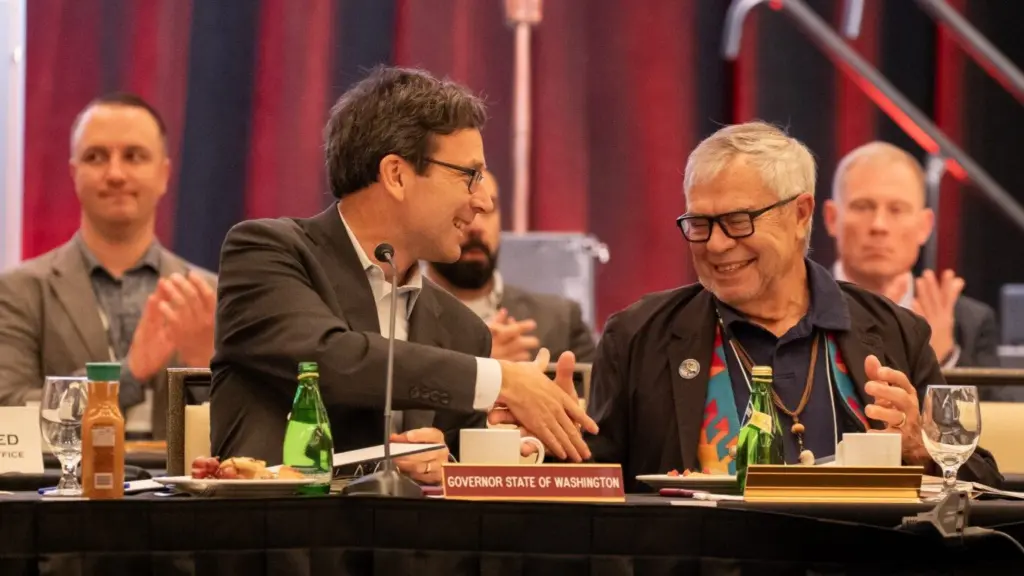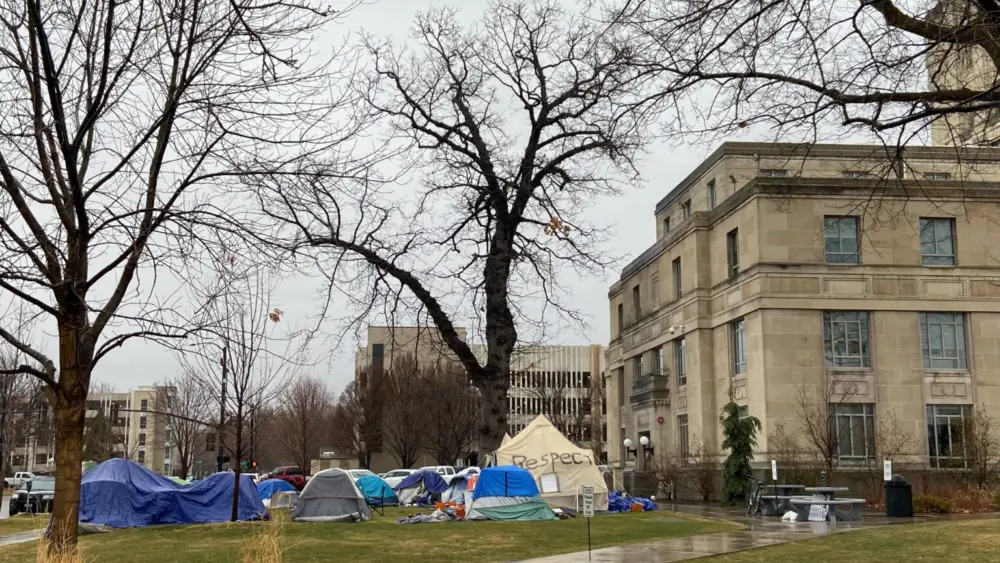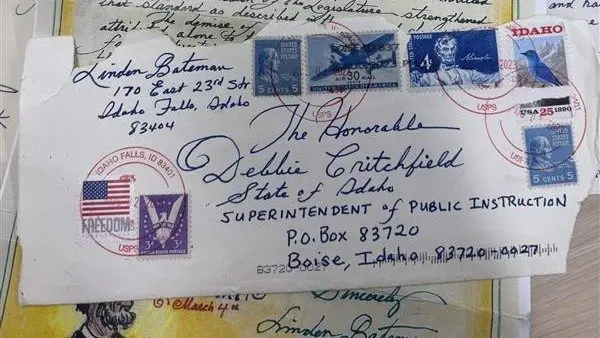OLYMPIA, WA – Gov. Bob Ferguson signed an executive order Wednesday to strengthen how the state consults and works with Native American tribes in Washington.
It calls for drafting new policies for tribal consultation and requires expanded training for state workers on sovereignty and other issues related to understanding the unique nature of the ties between the state and tribal governments.
Tribal leaders applauded the move, but also flagged ongoing tensions in the relationship.
In addition, the Governor’s Office of Indian Affairs will get a permanent seat in Ferguson’s executive cabinet and expanded authority and responsibility to carry out the order’s directives.
“I’ve heard from Tribal leaders about how we can improve our partnership with Tribal governments,” Ferguson said in a statement. “I’m putting that feedback into action and laying out my vision for fostering meaningful government-to-government relationships.”
Ferguson signed the six-page order to kick off Wednesday’s session of the 2025 Centennial Accords meeting hosted by the Cowlitz Indian Tribe in southwest Washington. This was Ferguson’s first time attending as governor.
The Centennial Accord, a 1989 agreement signed by then Washington Governor Booth Gardner and leaders of federally recognized tribes, is a framework for relations between the state and tribal governments. Representatives gather each year to take stock of how the relationship is evolving. Historically open to the media, this year’s event was closed to the press.
Washington has several laws concerning interactions with tribes. Agencies must have a tribal liaison, for example. And there are already training mandates for employees.
In Wednesday’s meeting, tribal leaders said the executive order provides the heft needed to improve relations in a material way.
“It means a lot to Indian Country,” said Cindy Marchand, secretary of the Colville Confederated Tribes.
Kadi Bizyayeva, vice-chair of the Stillaguamish Tribe, told Ferguson the order “definitely demonstrates that you’re being perceptive of tribal concerns. I’m grateful for the opportunity to continue forging ahead and building relationships together with the state.”
Cowlitz Indian Tribe Chairman Bill Iyall, reached during the lunch break, said the provisions will solidify the executive branch’s commitment to consultation.
“In the past, it was mostly checking a box. This is a new mandate for early communication and regular communication,” he said.
Ferguson, in the meeting, said the order is a step toward ensuring sovereignty is respected and encouraged tribal leaders to reach out when it’s not working.
“For those of you who know me, you know, I don’t mind direct conversations,” he said. “I don’t take things personally if you’ve got a challenge with what’s going on with the state or a decision I’m making. Direct and candid. That’s how we move forward.”
Loni Greninger, vice chair of the Jamestown S’Klallam Tribe, did so a few minutes later.
“Why is it so hard for the state to uphold trust and treaty obligations and other obligations that are described outside of treaties?” she said. “I want to ask this challenging question, to be transparent and to be direct, but also in a sense of how we figure this out together.”
She theorized it was because state laws get passed without taking those agreements into account. Those statutes become a barrier to finding a remedy, she surmised.
In response, Ferguson spoke more generally on how changing the culture of government is hard. The training envisioned in the executive order should expand knowledge of employees and lead to lasting change, he said.
Teri Gobin, chair of the Tulalip Tribes, flagged the importance of the training, noting that sometimes what is discussed with agency leaders is not passed down to the staff. “So thank you for moving ahead in this way and listening to our concern,” she said.
Another element of the executive order calls for protecting sensitive information, described as Indigenous Knowledge, exchanged in the course of government-to-government discussions. Tribes want to prevent information, such as locations of cultural resources, from being divulged.
“We’ve been victimized,” Iyall said, referring to when people disturb cultural sites or objects.
The Office of Indian Affairs must deliver a report to Ferguson by next October with recommendations for improvements to existing policies or practices.
The Centennial Accord meetings will continue Thursday with discussions on natural resources, education, state budget, tribal economies and health care.
This story first appeared on Washington State Standard.





